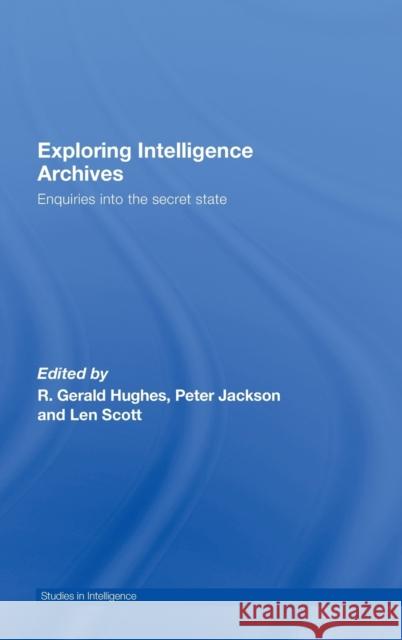Exploring Intelligence Archives : Enquiries into the Secret State » książka
Exploring Intelligence Archives : Enquiries into the Secret State
ISBN-13: 9780415349987 / Angielski / Twarda / 2008 / 332 str.
Exploring Intelligence Archives : Enquiries into the Secret State
ISBN-13: 9780415349987 / Angielski / Twarda / 2008 / 332 str.
(netto: 880,84 VAT: 5%)
Najniższa cena z 30 dni: 856,36
ok. 16-18 dni roboczych.
Darmowa dostawa!
If deception, deceit and manipulation are integral to the business of intelligence gathering - what are the implications for the historical record? Are intelligence archives themselves officially constructed to allow only manipulated histories?
This new book examines these questions and explores how various kinds of people involved in studying and/or practicing intelligence, view texts and issues from different perspectives. It shows how scholars have long sought to make use of relevant archives, but constraints on access to such sources have been considerable. With the end of the Cold War and other changes in official attitudes, more intelligence documents are now becoming available.
This is a fascinating new examination that shows how no document speaks entirely for itself, though some may be more eloquent or assertive than others. The interpretation of the archival record (as indeed the non-archival record) is at the heart of scholarship, and challenges in interpreting texts are generic problems for any researcher.











